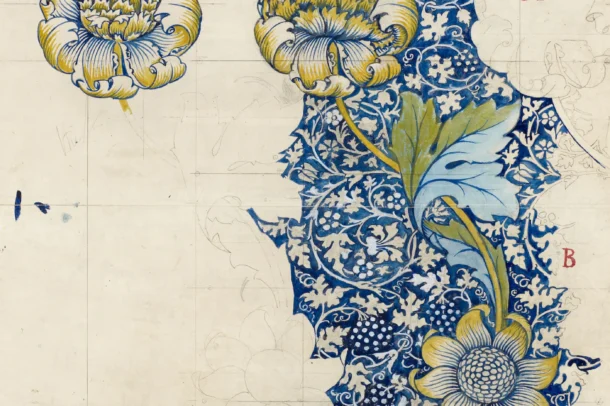Byron Katie is a renowned spiritual teacher and author who has developed a unique approach to self-inquiry called “The Work.” According to Katie, the mind works in a simple yet profound way.
Katie believes that the mind is like a projector that projects our thoughts onto the screen of our consciousness. These thoughts can be positive or negative, true or false, but they all have the power to shape our reality. When we believe our thoughts, we become identified with them, and they become our reality.
However, Katie also believes that we have the power to question our thoughts and beliefs. By questioning our thoughts, we can see them for what they are and free ourselves from their grip. This process of questioning is the basis of “The Work.”
Katie’s approach to self-inquiry involves asking four simple questions about any thought or belief that is causing us stress or suffering. These questions are:
1. Is it true?
2. Can you absolutely know that it’s true?
3. How do you react when you believe that thought?
4. Who would you be without that thought?
By asking these questions, we can begin to see our thoughts and beliefs from a different perspective. We can see that they are not necessarily true, and that we have the power to choose whether or not to believe them. This process of questioning can lead to a profound shift in our consciousness, freeing us from the limitations of our thoughts and beliefs.
In summary, Byron Katie believes that the mind works like a projector, projecting our thoughts onto the screen of our consciousness. However, she also believes that we have the power to question our thoughts and beliefs, freeing ourselves from their grip. By questioning our thoughts, we can see them for what they are and open ourselves up to a new level of consciousness and awareness.
An example of Byron Katie’s “The Work” is as follows:
Let’s say you have a thought that is causing you stress, such as “I’m not good enough.” To apply “The Work,” you would ask yourself the following four questions:
1. Is it true? – Yes, I believe it’s true that I’m not good enough.
2. Can you absolutely know that it’s true? – No, I can’t absolutely know that it’s true. It’s just a belief that I have.
3. How do you react when you believe that thought? – I feel anxious, insecure, and unworthy. I tend to avoid situations where I might fail or be judged.
4. Who would you be without that thought? – Without that thought, I would feel more confident and capable. I would be more willing to take risks and try new things.
After answering these questions, you would then turn the thought around and find examples of how the opposite of the thought is true. For example, “I am good enough” or “I am better than I think I am.” You would then find evidence to support these turnarounds and see how they feel.
By questioning your thoughts and beliefs in this way, you can begin to see them from a different perspective and free yourself from their grip. This process of self-inquiry can lead to a profound shift in your consciousness and help you find greater peace and clarity in your life.
Byron Katie’s “The Work” is different from other modalities in several ways:
1. Self-Inquiry: “The Work” is a form of self-inquiry that involves questioning our thoughts and beliefs. Unlike other modalities that may rely on external sources such as therapists or coaches, “The Work” is a self-directed process that can be done by anyone, anywhere.
2. Simplicity: “The Work” is a simple and straightforward process that involves asking four questions and turning the thought around. It doesn’t require any special skills or training, and can be done in just a few minutes.
3. Universal Applicability: “The Work” can be applied to any thought or belief that is causing us stress or suffering. It doesn’t require a specific diagnosis or condition, and can be used by anyone regardless of their background or experience.
4. Empowerment: “The Work” is an empowering process that puts the individual in control of their own thoughts and beliefs. By questioning our thoughts, we can see them for what they are and free ourselves from their grip. This process of self-inquiry can lead to a profound shift in our consciousness and help us find greater peace and clarity in our lives.
5. Non-Judgmental: “The Work” is a non-judgmental process that doesn’t require us to change our thoughts or beliefs. Instead, it encourages us to question them and see them from a different perspective. This non-judgmental approach can help us feel more accepting and compassionate towards ourselves and others.
In summary, Byron Katie’s “The Work” is a unique modality that involves self-inquiry, simplicity, universal applicability, empowerment, and non-judgmental approach. It is a powerful tool for questioning our thoughts and beliefs, freeing ourselves from their grip, and finding greater peace and clarity in our lives.
